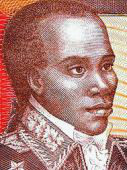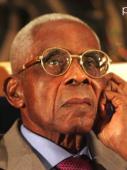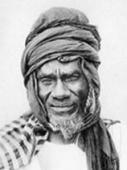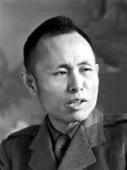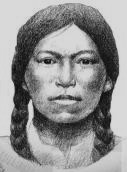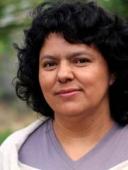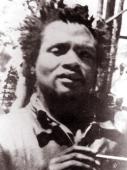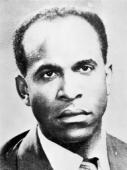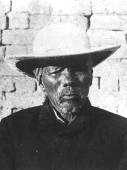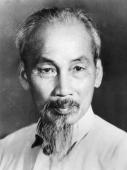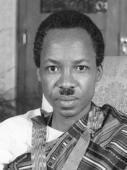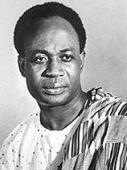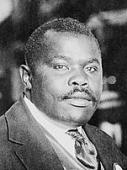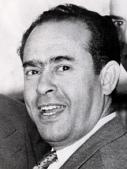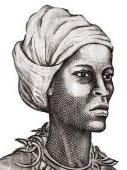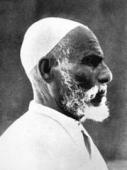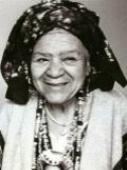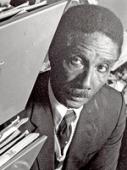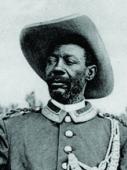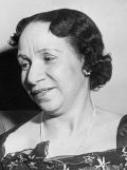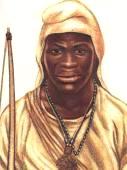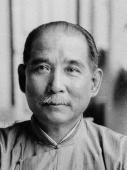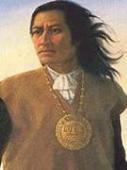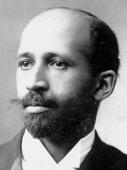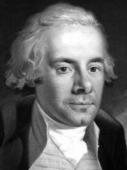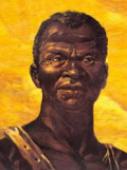Starting from the work of the Swiss historian Hans Fässler, on June 16, 2003, in their answer to Pia Hollenstein interpellation about the Swiss participation in slavery and the transatlantic slave trade the Federal Council stated that: “Switzerland has never been a colonial power and so it is fundamentally different from those countries at level of international trade. This does not hide the fact that many Swiss citizens were more or less involved in the transatlantic slave trade, thing that the Federal Council regrets in today's perspective. As underlined in the text of the interpellation, these facts are known and have been highlighted in several studies. Slavery and the slave trade have involved many countries . The Federal Council is of the opinion that the questions related to the different aspects of the slave trade shall be treated at international level, including the involvement of civil society. It is in this spirit that Switzerland has supported the Durban Declaration and Program of Action of the World Conference against Racism, which particularly emphasized that slavery and the slave trade, apartheid and genocide are crimes against humanity and are major sources and manifestations of racism and that colonialism has led to racism (compare § 13, 14 and 15 of the Program of Action, in this sense also § 99 and following of the Declaration). It has so clearly expressed the idea that it was necessary to face critically with the injustices committed at the time of colonialism and slavery. [...] It should be considered that Switzerland is committed to mediate between the African states and the former colonial powers, for instance in the Commission on Human Rights. In this sense, Switzerland is attending the two working groups established by the Commission on Human Rights to fulfill the political commitments taken at the time of the World Conference against Racism. These working groups include some experts from the civil society. "
On 31 May 2006 the Federal Council responds to the interpellation of deputy Josef Lang about Switzerland and slavery, stating that "[...] Switzerland has attended two working groups established by the Commission on Human Rights in order to fulfill the political commitments taken at the world Conference against Racism in Durban. The activities of these working groups have shown, however, that the matter of slavery is not a priority for third world countries. Their attention is focused on fighting current discrimination. In the framework of the UN Human Rights Council and of the working groups and the bodies that the Board will establish, Switzerland will keep on working in the same spirit of the last sessions of the Commission on Human Rights of UN: in fact Switzerland will avoid discussions and try to encourage dialogue. This approach might be favored by the fact that the establishment of the Human Rights Council marks a new beginning. Switzerland will ensure that this approach will prevail even when dealing with issues concerning slavery. [...]"
On 02 May 2007, the Federal Council responds to the motion of deputy Josef Lang about the Swiss initiative to repair the damage caused by slavery, stating that "At the end of 2006, in the Third Committee of the 61st UN General Assembly a further resolution was adopted, "Global efforts for the total elimination of racism" (global efforts for the total elimination of racism), which provides for 2009 in New York to convene a review Conference eight years after the third world Conference against Racism , Racial Discrimination, Xenophobia and Related Intolerance (Durban 2001). The aim of the Conference is to verify the implementation of the Final Declaration and Program of Action then adopted. On this basis, during the third session of the UN Human Rights Council (29 November to 8 December 2006) a further resolution was adopted, "Preparations for the Durban Review Conference" ,which provides for the appointment of a preparatory committee to that end, which will convene in Geneva several times in the course of this year and the next one. Switzerland is following the consultations and will also attend all meetings of the Committee. This will be an occasion to examine the issue of the necessity and opportunity for our country to become a mediator about "the elaboration and reparations of the damage caused by slavery and the slave trade." [...]"
Starting from Rentyhorn petition, on September 12, 2007, the Federal Council responds to the motion of deputy Carlo Sommaruga that demanded to remove Louis Agassiz from the pedestal and give back dignity to the slave Renty stating that "Louis Agassiz was a great geologist and zoologist and it is fair to acknowledge his merit. On the other hand he supported racist theories certainly deplorable even by the interpretive paradigm of the time. The Federal Council has no doubt in condemning his racist thinking. [...] At the beginning of the nineteenth century the Agassizhorn and the near peaks, which did not have a name, were baptized with the names of the pioneers of research on the Alps. These names have now entered into common use and there is no reason to change them. The honor granted in this way to Louis Agassiz does not affect the proper critical reflection on his racist theories. To baptize or rename the peaks of mountains or other geographic objects it’s not within the competence neigher of the Confederation nor of the Swiss Federal Office of Topography. This task is performed by the cantons in collaboration with the cantonal commissions and the related villages, which in the case of the Agassizhorn and of Agassizjoch are the village of Fieschertal of Valais and the Bernese villages of Grindelwald and Guttannen. [...] "
For more information:
Parliamentary activities at national and local level
Swiss launch committee on slavery reparations
Banking and slavery: Switzerland examines its colonial conscience

